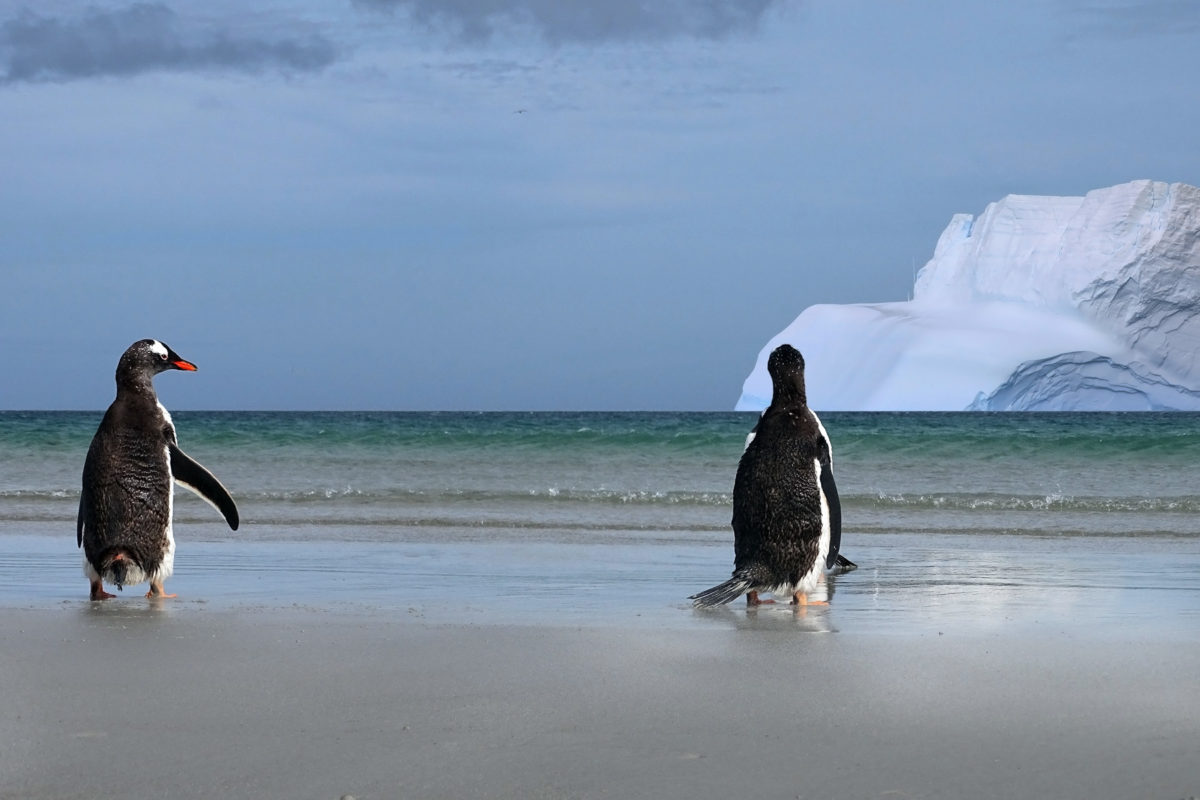Over the past twenty years the concept of “tipping points” has become more familiar to the public. Tipping points are critical thresholds at which small changes can lead to dramatic shifts in the state of the entire system.
From a climate standpoint, the melting of Arctic sea ice is a simple example. As sea ice melts, less sunlight is reflected into space and more heat is absorbed by the ocean, further hindering the formation of sea ice and thereby leading to more warming. The positive feedback loop is leading toward ice-free summers in the Arctic, which will have dramatic implications for the Arctic ecosystem and knock-on effects for ocean circulation and weather patterns. The effects are already being observed, with Arctic sea ice extent trending sharply downward since the 1970s.

Awareness of climate tipping points has grown in policy circles in recent years in no small part thanks to the work of climate scientist Tim Lenton, who serves as the director of the Global Systems Institute at Britain’s University of Exeter. In 2008 Lenton was the lead author of an influential Proceedings of the National Academy of Sciences (PNAS) paper that identified nine tipping points and ranked them by their near-term likelihood of occurring. These included: Arctic Sea-Ice; the Greenland Ice Sheet; the West Antarctic Ice Sheet; the Atlantic Thermohaline Circulation; the El Niño–Southern Oscillation (ENSO); the Indian Summer Monsoon; the Sahara/Sahel and West African Monsoon; the Amazon Rainforest; and the Boreal Forest. Lenton and his colleagues have since added tropical coral reefs and the East Antarctic Ice Sheet to the list.
When Lenton published the PNAS paper, some aspects of the predictions were still theoretical, but since then, the evidence for some tipping points has strengthened as the rate of disruption has increased and our ability to observe change has improved.
“Some of the tipping elements are changing more rapidly than others,” Lenton told Mongabay during a December 2020 interview. “The most concerning include the West Antarctic Ice Sheet – part of it looks to be in irreversible retreat – and the Amazon rainforest – where droughts and changing fire regimes are accelerating forest loss, alongside renewed human pressures.”
The evidence base of cascading effects between tipping points has also expanded.
“A decade or so ago we identified this as a theoretical possibility with some idea of what the causal interactions could be,” he said. “Now we have more direct evidence of causal interactions, like the role of Arctic sea-ice retreat and resultant warming in permafrost thawing and accelerating Greenland ice sheet melt.”
Lenton says the the rate at which we appear to be approaching several tipping points is now ringing alarm bells, but “most of our current generation of politicians are just not up to this leadership task”.
“Younger generations are looking at them with dismay and rightly rebelling.”
The pandemic however may have caused a shock to the system that could trigger what he calls “positive social tipping points” that “can accelerate the transformative change we need” provided we’re able to empower the right leaders.


“The COVID-19 pandemic has taught us that when a threat is truly urgent we can act decisively and put aside neoliberal economics in favor of saving lives. But politicians immediately started talking about ‘building back better’ rather than taking the opportunity to ‘build forward better’ – i.e. to chart a new economic and ecological path.”

